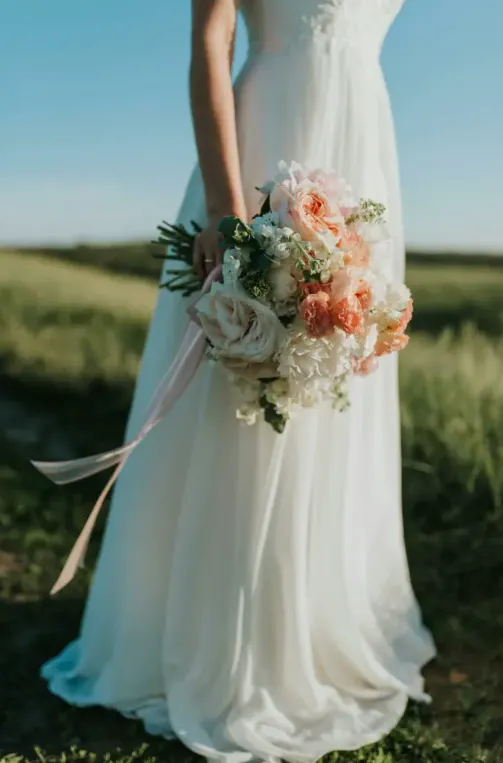Having served as a priest for over twenty years, I thought I had witnessed everything — bridesmaids fainting, grooms forgetting their vows, and even in-laws clashing during the ceremony — but it turns out I was mistaken.
The wedding I was set to officiate that Sunday began like any other, with a crowd of guests elegantly dressed for the event, a joyful groom, and a church adorned with stunning flowers.
As the soft music played, the bride made her entrance into the church with grace, yet there was something unsettling about her rigid smile. Initially, I assumed she was simply overwhelmed with nerves or excitement for her special day, but my intuition suggested there was more beneath the surface. Rather than gazing at her soon-to-be husband, she directed her gaze towards me, her eyes silently begging for something.

The ceremony began, and I requested the bride and groom to share their vows. The groom promptly handed his over, but the bride appeared uncertain. After a moment, she gave me a folded piece of paper, and as I opened it, I was taken aback by what I found among her heartfelt promises to her future husband.
As I unfolded the note, I noticed the phrase, “Please help me,” repeated multiple times in between the lines of her vows.
When I glanced at the bride, she was shaking and struggling to breathe, yet her eyes sparkled with hope.
I felt uncertain about my next steps. However, one thing was clear to me: the wedding could not go on. So, when it was time for me to ask if anyone had objections to the union, and silence filled the room, I declared, “Well, since no one else objects, I do.”
The church fell into complete silence.

I advised the bride to head to the office while I requested the guests to remain patient.
At that moment, the bride broke down in tears and revealed that her marriage was arranged. Her parents had pressured her into marrying a groom she hardly knew.
I went back into the church and informed everyone there that the wedding was off. “You can all head home now. The wedding will not take place.”
With the assistance of a local support group, the bride, Leslie, found refuge and started a new chapter in her life. A few weeks later, the church received a small bouquet of white lilies along with a handwritten note that said: “Thank you for seeing me.”

That moment will remain with me for eternity. One aspect of weddings is that while they are intended to celebrate love and happiness— at times, they also embody protection, bravery, and the opportunity to assist someone who is unable to express their truth vocally.
Please SHARE this story with your family and friends on Facebook